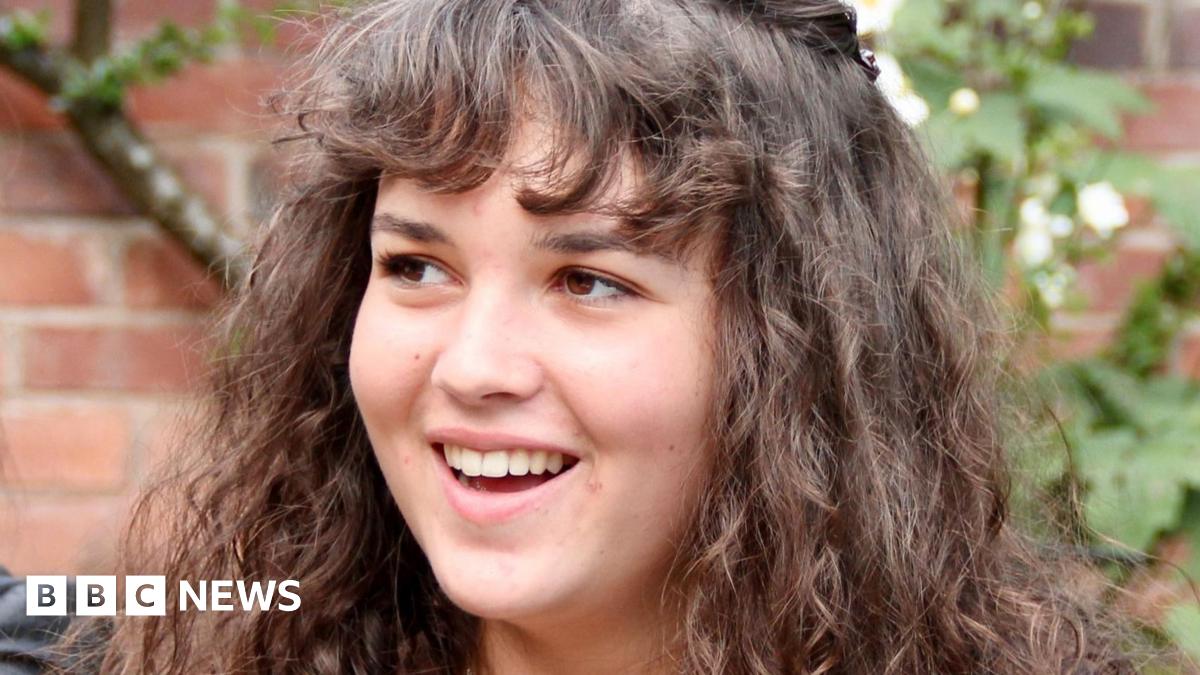Man of Honour
@SexyGreyFox for the clicks innit :/
It's got to be because they never take posts down when they are wrong.
@SexyGreyFox for the clicks innit :/


Yes. Monitoring is normally stopped once palliative. Should still be assessing comfort and treating symptoms.This is one for the Docs of the forum, patient is submitted to A&E day 1 with subarachnoid hemorrhage, is combative but responsive, goes to sleep in the evening, becomes unresponsive the next morning, given that they are over 80 so surgery is not an option is it normal to remove all the monitoring equipment once family have been informed and are on their way and basically leave them waiting to die ???
Make sense I guess if there's nothing they can do beyond thatYes. Monitoring is normally stopped once palliative. Should still be assessing comfort and treating symptoms.
Yeah the alarms just cause distress and people tend to sit and watch the monitors.Make sense I guess if there's nothing they can do beyond that
Firstly mate, if this is a friend/relative of yours, I'm/we're sorry to learn of your sad news. A sudden intracranial haemorrhage at any age is devastating, but at 80 years old, help is often futile.This is one for the Docs of the forum, patient is submitted to A&E day 1 with subarachnoid hemorrhage, is combative but responsive, goes to sleep in the evening, becomes unresponsive the next morning, given that they are over 80 so surgery is not an option is it normal to remove all the monitoring equipment once family have been informed and are on their way and basically leave them waiting to die ???
Thanks, it was probably for the best as they were only going to get worse with their dementia and they were a massive fall risk (already fell 8 times in a year and it was the last fall that caused the hemorrhage) so if it wasn't this time, it would have been another and as far as their passing, they looked peaceful in their coma so probably didn't suffer, far more worse ways to go, it was my first hospital death so I was curious if it was standard procedure to remove all the equipment for end of life care as when we arrived it with it being A&E it did look abit grim how she'd been leftFirstly mate, if this is a friend/relative of yours, I'm/we're sorry to learn of your sad news. A sudden intracranial haemorrhage at any age is devastating, but at 80 years old, help is often futile.
That's what we hope for. I'm not a Dr, I'm a Paramedic. I experience similar, not only in A&E (ED as we call it), but in the community as well. We give drugs to ease suffering but said drugs are slow acting, but longer lasting, by means of administration method. Whilst not being the end goal, the patients pass away more comfortable slightly sooner than if left unmedicated and suffering.they looked peaceful in their coma so probably didn't suffer
, it was my first hospital death so I was curious if it was standard procedure to remove all the equipment for end of life care as when we arrived it with it being A&E it did look abit grim how she'd been left
No need to apologise at all my friend.Apologies in advance, it's a long post...
Wow, that was so sad. Please vent away, if it helps, please don't appologise.So we've had an interesting ride with healthcare since the end of last year. Apologies in advance, it's a long post... And not a happy ending.
...
That was a long post. Almost venting I guess? But I guess it helps me to get it all out there.

I've just been reading about that in the Guardian.
Exeter woman died months after begging GP for help, inquest hears
Maeve Boothby-O’Neill had asked her GP for "help with feeding" four months before her death.www.bbc.co.uk
That GP needs striking off and imprisoning.


Exeter woman died months after begging GP for help, inquest hears
Maeve Boothby-O’Neill had asked her GP for "help with feeding" four months before her death.www.bbc.co.uk
That GP needs striking off and imprisoning.
If anyone gets asked can they act absolutely disgusted and outraged and say "How dare you! how dare you" in a greta thunberg voice before saying "fat shaming in the NHS absolutely disgusting" and lodge a complaintNHS X-ray operators have been told to ask men if they are pregnant before conducting scans
CFS/ME is an absolute minefield. There is no test, no well recognised treatment and no understanding of what the disease is. There is a very vocal lobby that actively disrupts research that doesn't suit their agenda.I've just been reading about that in the Guardian.

Devon woman with ME asked GP to help her ‘get enough food to live’, inquest hears
Maeve Boothby O’Neill, 27, was admitted to Royal Devon and Exeter hospital before her death in 2021www.theguardian.com
It looks like the main blame lies with the hospital. The GP's kept sending her in. But the hospital kept discharging her.
This isn't a good sign. Because ME/CFS is closely linked to Long Covid. Many of the regular tests don't pick up any problems. Only specialised tests do. Yet I suspect due to a lack of medical knowledge, especially about these immune conditions, the doctors just dismiss it.
I'll be happy when AI starts diagnosing people. Because the amount of intellectually lazy doctors there are is needlessly costing lives.
Why would someone become a doctor, see someone not fit and healthy, yet give up helping when the standard tests come back clear? Where is the medical curiosity?

